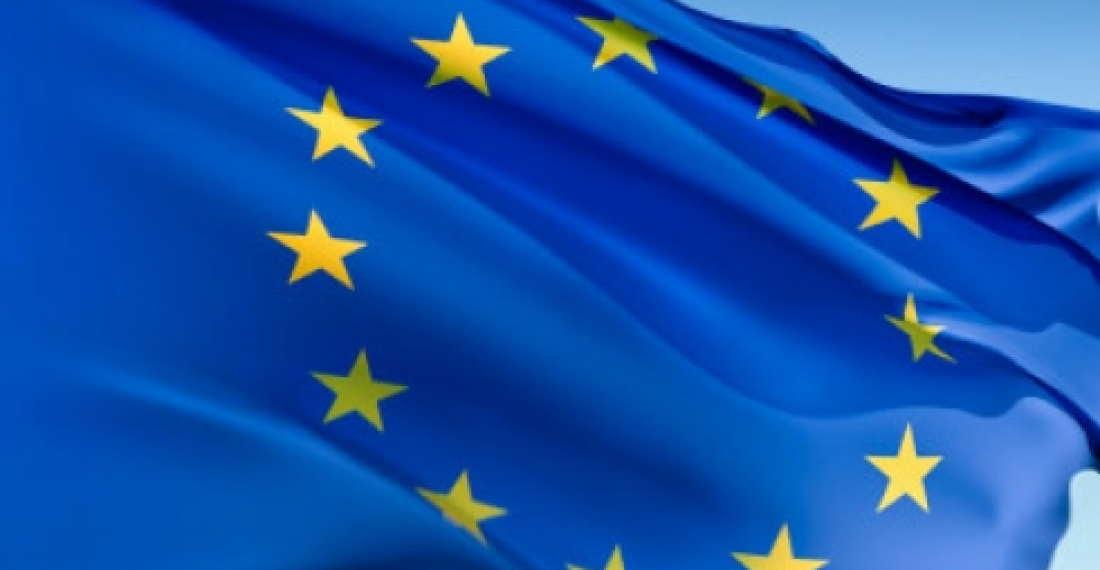7 сентября спецпредставитель Евросоюза на Южном Кавказе Филипп Лефорт прибудет в Армению. Об этом сообщает Радио Свобода.
Согласно информации, в Ереване Лефорт проведет встречи с президентом, министром иностранных дел и спикером парламента Армении. Перед визитом в Ереван высокопоставленный дипломат Евросоюза побывает в Баку, а затем в Тбилиси.
Филипп Лефорт вступил в новую должность с 1 сентября 2011 года. Его мандат, который будет действовать до 30 июня 2012 года, объединяет должности спецпредставителя ЕС по кризису в Грузии (после августовской войны 2008 года) и спецпредставителя ЕС на Южном Кавказе. Тем самым он сменил на этом посту одновременно спецпредставителя ЕС по кризису в Грузии Пьера Мореля и спецпредставителя ЕС на Южном Кавказе Питера Семнеби. В 2004-2007 гг. Лефорт был послом Франции в Грузии.







